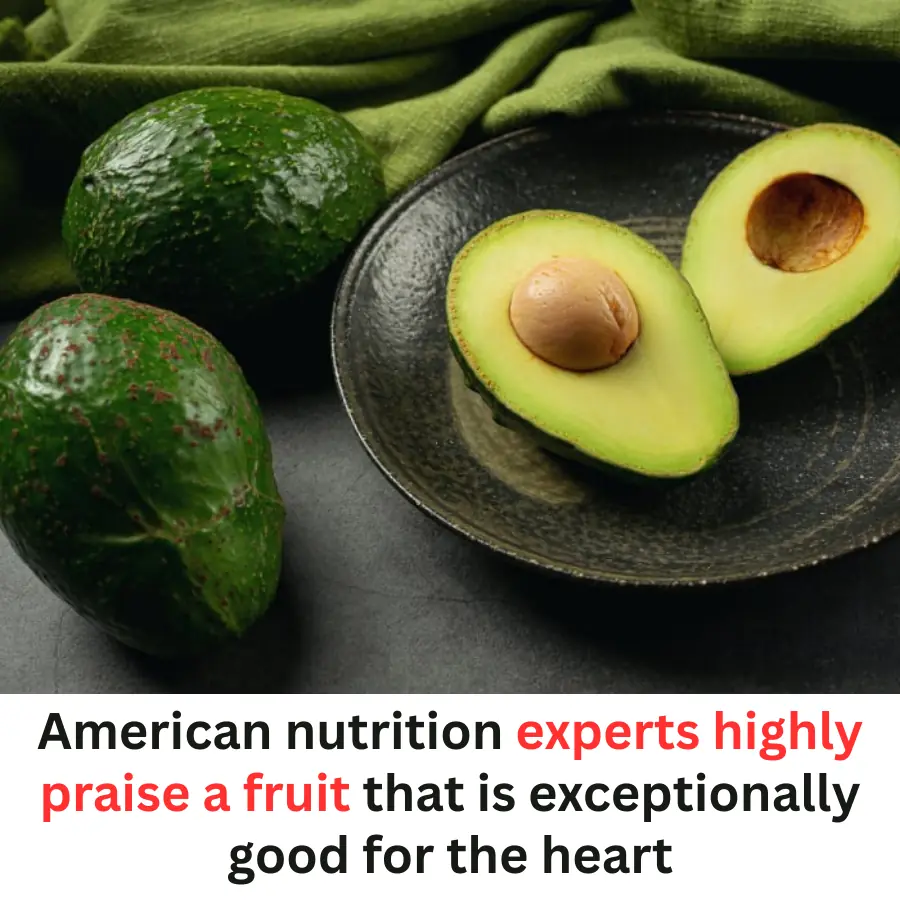
Not All Eggs Are Equally Recommended by Experts — These Two Types Should Be Eaten in Moderation
Not All Eggs Are Equally Recommended by Experts — These Two Types Should Be Eaten in Moderation
It’s a common belief that the most nutritious eggs are the best choice for daily consumption. However, nutrition experts emphasize that not all eggs are equally beneficial, and some types should be eaten less frequently due to their nutritional makeup.
Eating eggs in moderation—especially prioritizing egg whites while avoiding excessive fat and cholesterol found in the yolk—can still be a healthy dietary choice. For many people, limiting high-cholesterol eggs doesn't mean giving up eggs entirely.
Nutrition Isn’t the Only Factor When Choosing Eggs
When selecting the best type of eggs, one cannot rely solely on advertised “high nutritional value.” Different types of eggs vary not only in protein content but also in fat, cholesterol, and micronutrients. As a result, the medical community holds differing views on which eggs are suitable for regular consumption and which should be limited.
Eggs are undeniably a nutritious food, rich in high-quality protein. For example, 100 grams of eggs contain approximately 12.6 grams of protein, with all essential amino acids the human body requires. Eggs also provide key nutrients such as vitamin B12, vitamin D, vitamin A, and minerals like iron and selenium.
Many people worry that eggs are high in fat and cholesterol, which could pose health risks. However, recent medical research shows that consuming eggs in moderation does not significantly affect blood lipid levels in most healthy individuals. In fact, eggs can offer important nutrients that support many physiological functions.
So Why Do Experts Recommend Limiting Certain Types of Eggs?
Duck Eggs
While duck eggs are also nutritious—containing about 14 grams of protein per 100 grams—they are higher in fat and calories compared to chicken eggs. Most notably, duck eggs have a significantly higher cholesterol content, which can lead to excessive cholesterol buildup in the body.
Long-term and excessive consumption of duck eggs, especially among individuals with high cholesterol, elevated blood lipids, or related conditions, may increase the risk of cardiovascular disease. Clinical data suggest that a high-cholesterol diet can negatively impact heart health. Therefore, in such cases, doctors typically advise reducing or avoiding duck eggs to prevent unnecessary health risks.
Goose Eggs
Goose eggs contain approximately 14.3 grams of protein per 100 grams but are also much higher in fat and cholesterol than chicken eggs. The fat content in goose eggs is nearly three times that of chicken eggs.
Despite their nutritional benefits, goose eggs are particularly high in saturated fat. Overconsumption may burden the liver and cardiovascular system. This is especially concerning for individuals who are obese or have pre-existing conditions such as heart disease or diabetes. For them, goose eggs may not be an ideal dietary choice.
Although goose eggs are protein-rich, their high fat and cholesterol levels make them a potential “nutritional trap.” Without proper portion control, these eggs could harm rather than help your health.
Quail Eggs
Quail eggs are often praised for their small size and are known to contain higher levels of iron, zinc, and other trace elements than chicken eggs. They are traditionally believed to help boost energy and nourish the blood.
Medically, quail eggs are sometimes recommended for individuals who need to increase iron intake or strengthen their immune systems. However, nutritionally, they are not significantly superior to other types of eggs. Quail eggs contain about 13 grams of protein per 100 grams—slightly less than chicken eggs.
For people with cholesterol concerns, it’s important to note that while quail eggs contain less cholesterol than goose or duck eggs, they should still be consumed in moderation.
A Balanced Perspective on Egg Nutrition
The nutritional value of eggs is often overstated in our daily diet, especially in advertising and media. Many people view eggs as a universally healthy food, but they may not be aware of the potential risks associated with their fat, cholesterol, and calorie content.
In summary, while eggs are a valuable source of nutrients, not all types are suited for daily consumption. Choosing the right kind of egg—and eating it in appropriate amounts—is key to maintaining a healthy diet and avoiding unnecessary health risks.
News in the same category


Smart women take advantage of their peri.od to do these 4 things

Pancreatic Cancer: 10 Key Signs That May Help with Early Detection

Things to keep in mind when eating jellyfish to avoid food poisoning

Eating a boiled egg every morning: The surprising effects on your body

Why Are My Veins Suddenly Bulging and Visible?

7 Health Problems Linked to Not Drinking Enough Water

3 pain areas on the body that could signal early-stage can:cer: don't delay, or it could spread

6 Surprising Reasons Women Should Eat Dates More Often

Two vegetables considered “natural remedies” for headaches—eat them and sleep soundly through the night

The 4 earliest warning signs the body sends as a “cry for help” for cerv.ical can.cer—sadly, many women overlook them

More and more people are developing kid.ney failure. U.S. experts warn: Eating too much of these 4 foods is especially harmful to the kid.neys and should be limited immediately

4 Foods to Eat on an Empty Stomach in the Morning That May Support Digestion and Long-Term Health

Yellow Tongue: A Small Sign That May Signal Serious Health Problems

Pharmacist shares major wa:rning sign in heels of foot that could be symptom of serious condition

5 Common Drinking-Water Mistakes That Can Damage Your Liver and Kidneys

Cancer May Be Silent at First: 8 Warning Signs You Should Never Ignore When Using the Toilet

Breakthrough: Scientists discover a way to turn can.cer cells back into normal cells

American Nutrition Experts Praise Avocados as a Top Heart-Healthy Fruit

Why Your Throat Feels Mucusy: The Real Reasons Behind That Sticky Sensation
News Post

Rising Dea.ths from Diabetes: Doctors Warn — It’s Better to Go Hungry Than to Eat These 7 Vegetables

Butcher’s Honest Advice: When Buying Pork, It’s Best to Avoid These Three Types — Only the Uninformed Like Them

Shrimp, Mango & Avocado Bowl

Smart women take advantage of their peri.od to do these 4 things

Green Vegetable Rice Bowl with Avocado & Tahini Dressing

Roasted Vegetable & Lentil Bowl with Creamy Tahini Sauce

Pancreatic Cancer: 10 Key Signs That May Help with Early Detection

How to Effectively Remove Black Mold Spots from Household Items

Colorful Quinoa Power Bowl

Things to keep in mind when eating jellyfish to avoid food poisoning

Eating a boiled egg every morning: The surprising effects on your body

Why Are My Veins Suddenly Bulging and Visible?

7 Health Problems Linked to Not Drinking Enough Water

3 pain areas on the body that could signal early-stage can:cer: don't delay, or it could spread

6 Surprising Reasons Women Should Eat Dates More Often

Many people cook rice every day—but still get it wrong: 4 simple tips for tastier rice and better digestion

Two vegetables considered “natural remedies” for headaches—eat them and sleep soundly through the night

The 4 earliest warning signs the body sends as a “cry for help” for cerv.ical can.cer—sadly, many women overlook them

More and more people are developing kid.ney failure. U.S. experts warn: Eating too much of these 4 foods is especially harmful to the kid.neys and should be limited immediately
